Your Guide to Renal Diets for Dogs With Kidney Disease
Article

Veterinarians often recommend renal diets for kidney disease as the expertly balanced nutrients can aid a dog’s wellbeing and may help slow disease progression.1
Chronic kidney disease (CKD) is a persistent deterioration in kidney function that is thought to affect 10% of dogs over the age of fifteen.1 Although the condition is irreversible, tailored nutrition can help increase quality of life and help limit some of the associated health issues in dogs with CKD.2
In this article, we’ll examine tailored nutrition in renal diets for dogs with CKD, investigate some of the key nutrients, and offer ideas to help you encourage your dog to eat.
What is Dog Kidney Disease?
If the kidneys are damaged, it can lead to a loss of nephron function, the tiny filters inside the kidneys that recycle nutrients and eliminate waste products and toxins from the bloodstream.
Without enough filtration units, toxins and waste products begin to amass in the bloodstream, which causes further harm to the kidneys. This cycle of damage is progressive and so CKD worsens over time.
If you’d like to learn more, see our article Kidney Disease in dogs.
Are There Any Signs of Kidney Disease in Dogs?
Yes, however, the signs are often hard to spot. Typical signs include a dog drinking excessive water and urinating more frequently, loss of appetite, and weight loss.3
If you take your dog for regular health check-ups, a veterinarian may be able to diagnose CKD earlier.
For more information, see our article The Signs of Chronic Kidney Disease in Dogs.
Why Are There Specific Diets for Dogs With Kidney Disease?
A tailored renal diet not only helps to slow the progression of the condition but can also lessen some of the disease’s effects.2 It does this by:
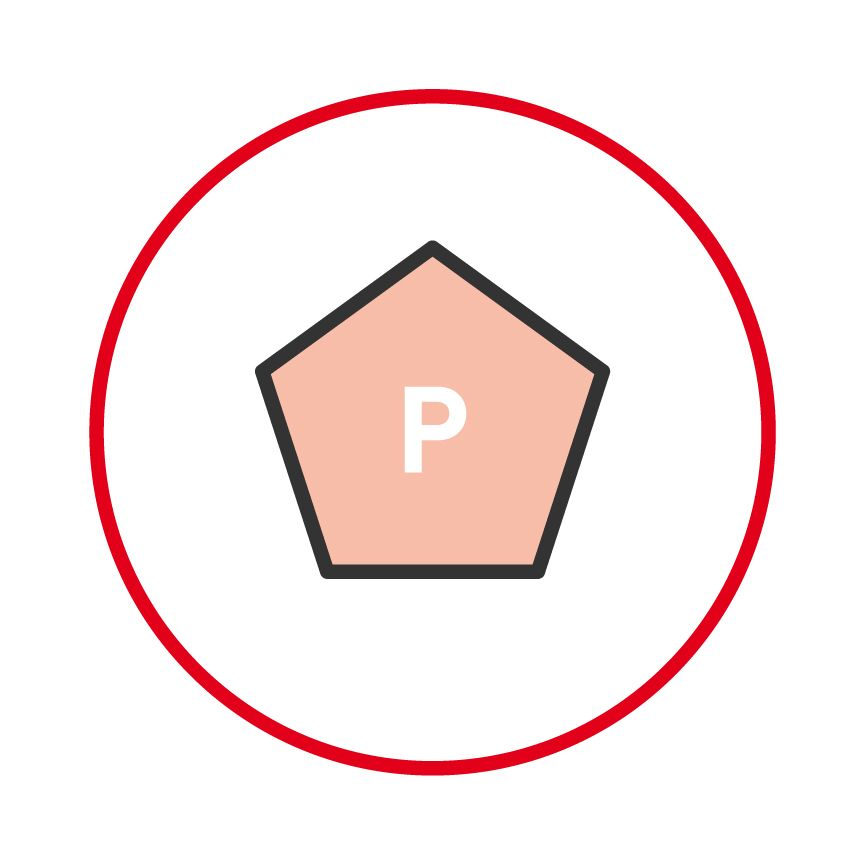
Restricting phosphorus
An excess of phosphorus can significantly increase the rate of kidney damage. Limiting intake through renal diets has been shown to prolong survival.4
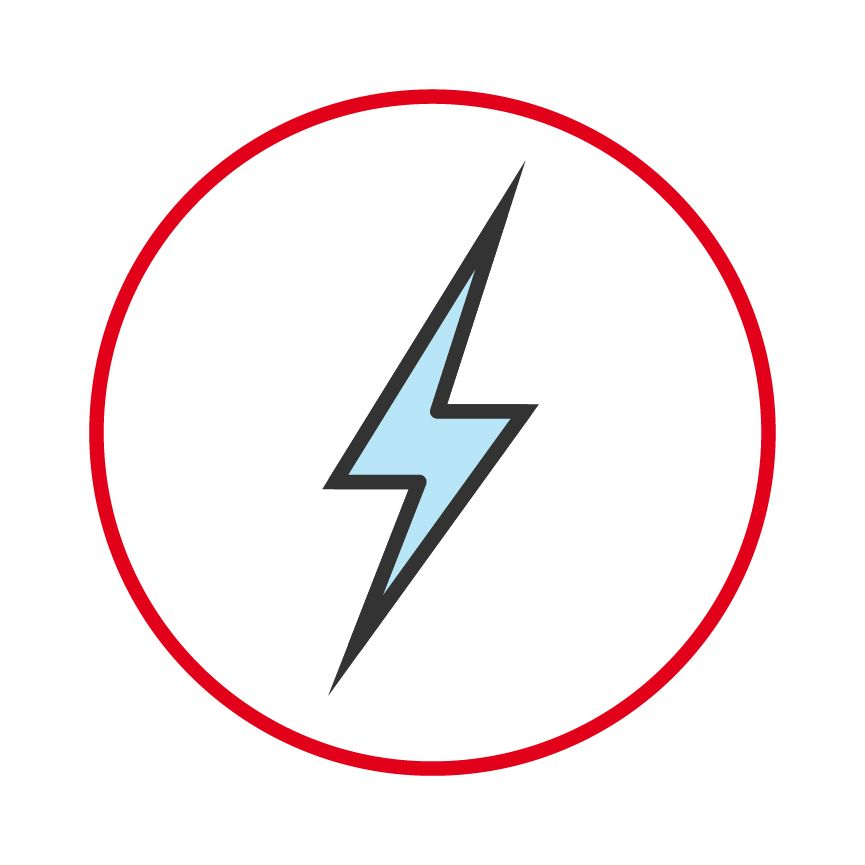
Maximizing energy density
Because dogs with CKD may experience nausea and therefore can tend to eat smaller portions, their food needs to have a higher energy density to help them maintain weight.
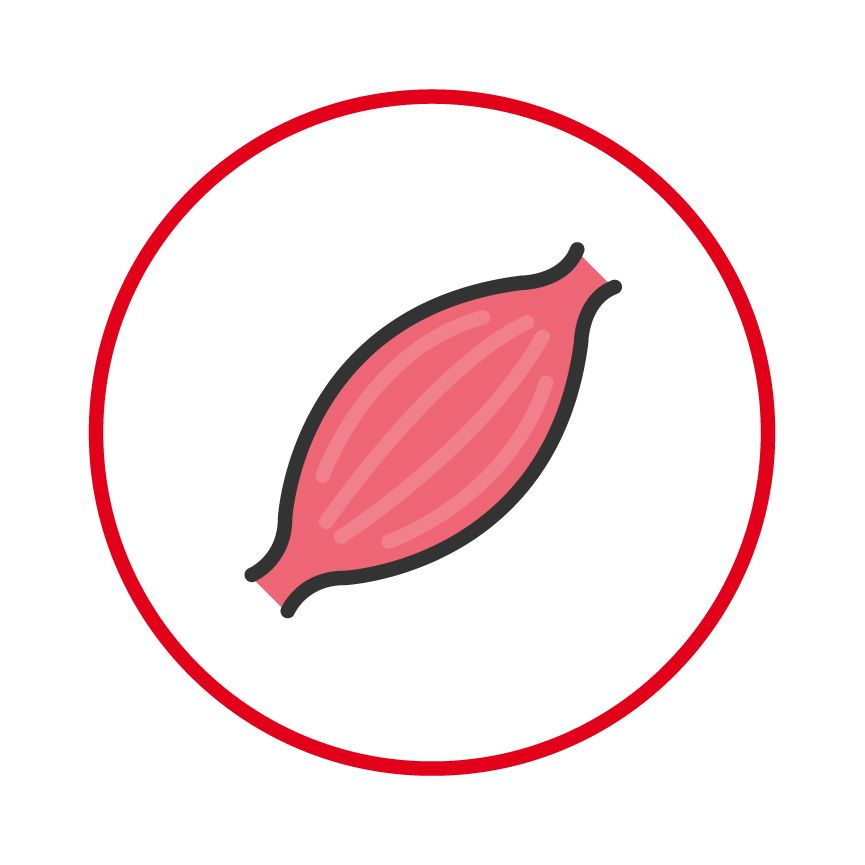
Maintain body condition
A dog with CKD can easily lose weight and muscle mass, so a special formula of nutrients is needed to help them maintain their body and muscle condition.
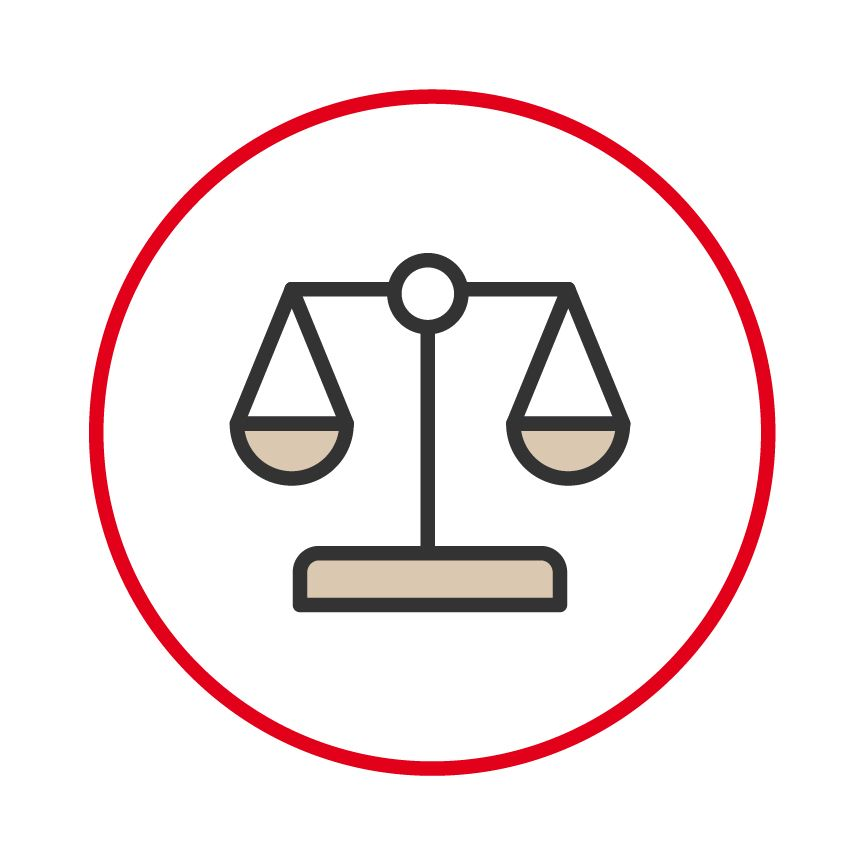
Regulate protein intake
In CKD, the amount of protein a dog eats influences the level of toxins in its system. Protein is essential for a dog’s survival, however, levels must be carefully balanced.
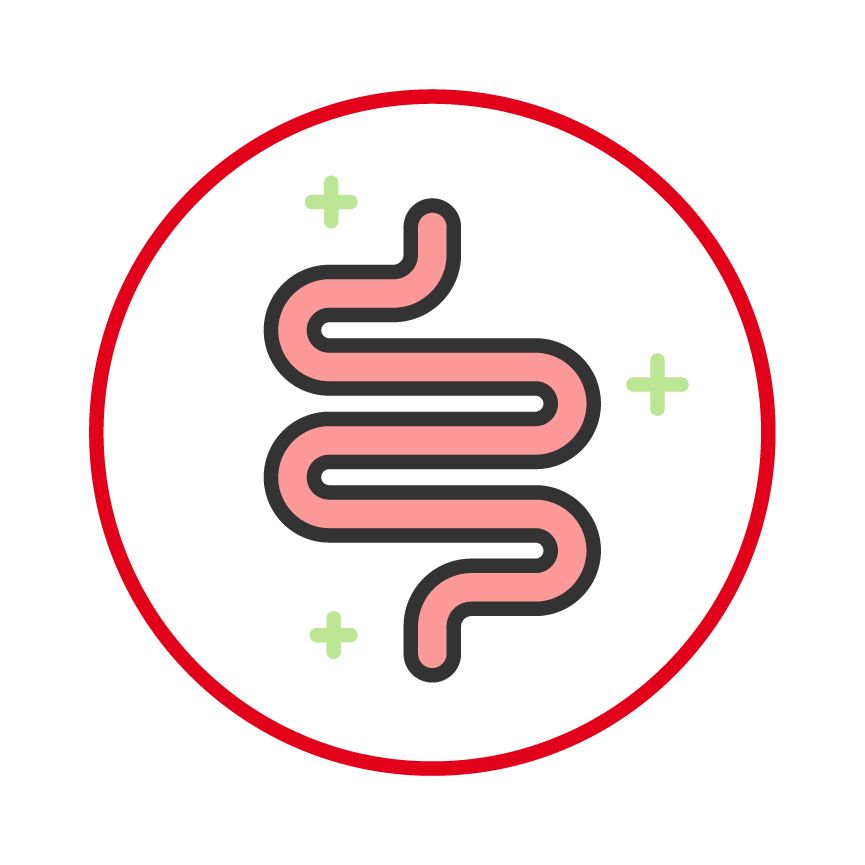
Digestive Support
It’s normal for a dog with CKD to experience gastrointestinal upset and some renal diets may contain small amounts of balanced fibers to give their digestive system extra support.
Which Nutrients are Important in Renal Diets?
Several nutrients play a role in supporting dogs with CKD: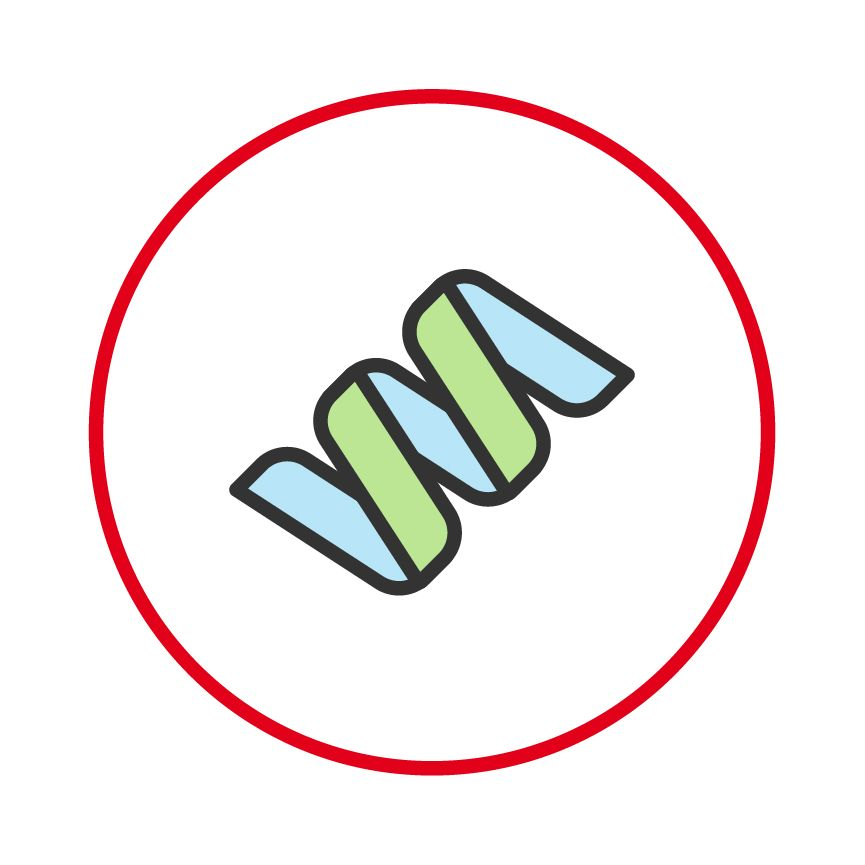
Protein
Many of the waste products that accumulate in the bloodstream of a dog with CKD are a result of protein breakdown. Finding the right balance of protein is an essential part of managing CKD and giving the dog a good quality of life – too much protein can lead to an increase in toxins and waste but too little may cause muscle wasting. For this reason, renal diets contain high-quality sources of protein.

Phosphorus
This essential mineral is a component of bones and teeth and can be found in many different types of food. Usually, if there’s an excess of phosphorus in the body it’s eliminated in urine, but that doesn’t happen in dogs with CKD. Consequently, the levels of phosphorus can rise to dangerous levels. Limiting how much phosphorous a dog with CKD eats may be beneficial to life expectancy.4
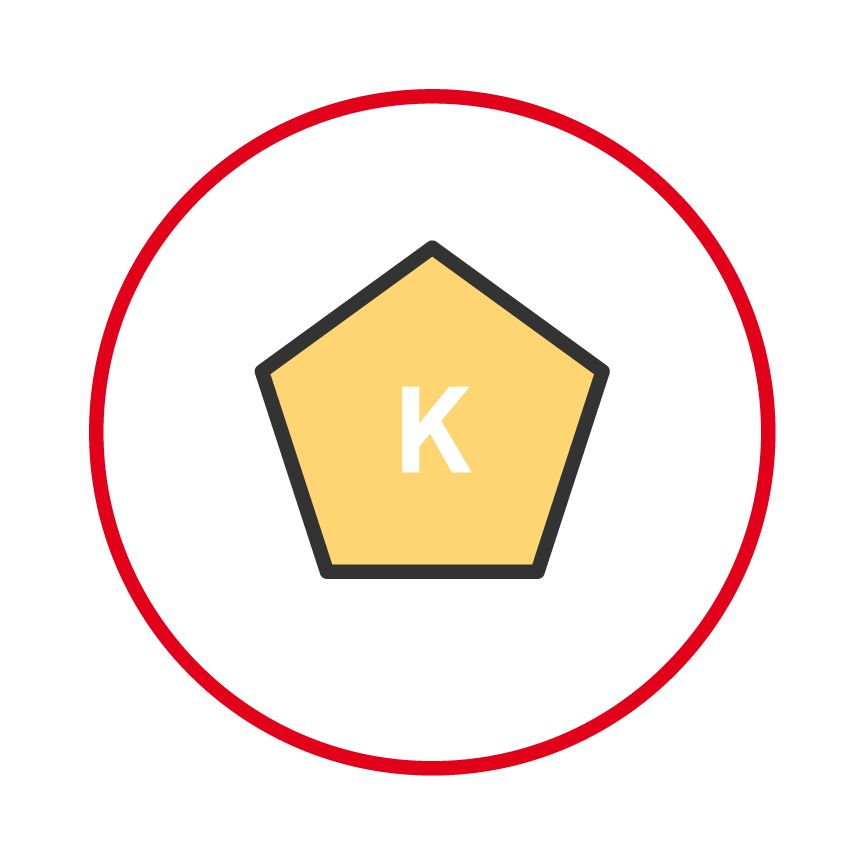
Potassium
Dogs with CKD can have either too much or too little potassium in their bodies (hyper or hypokalemia) which can have a detrimental impact on their muscles, nerves, and heart. Therefore, potassium levels are carefully controlled in renal diets. Veterinarians monitor potassium levels as part of a dog’s management for CKD and they may recommend supplements to correct deficiency if present.

B Vitamins
A dog with CKD will drink a lot of water and urinate more frequently because they’ve lost the ability to concentrate their urine. Excessive urination causes a deficiency of electrolytes and water-soluble vitamins, such as B vitamins, and so renal diets include additional supplements to remedy this.
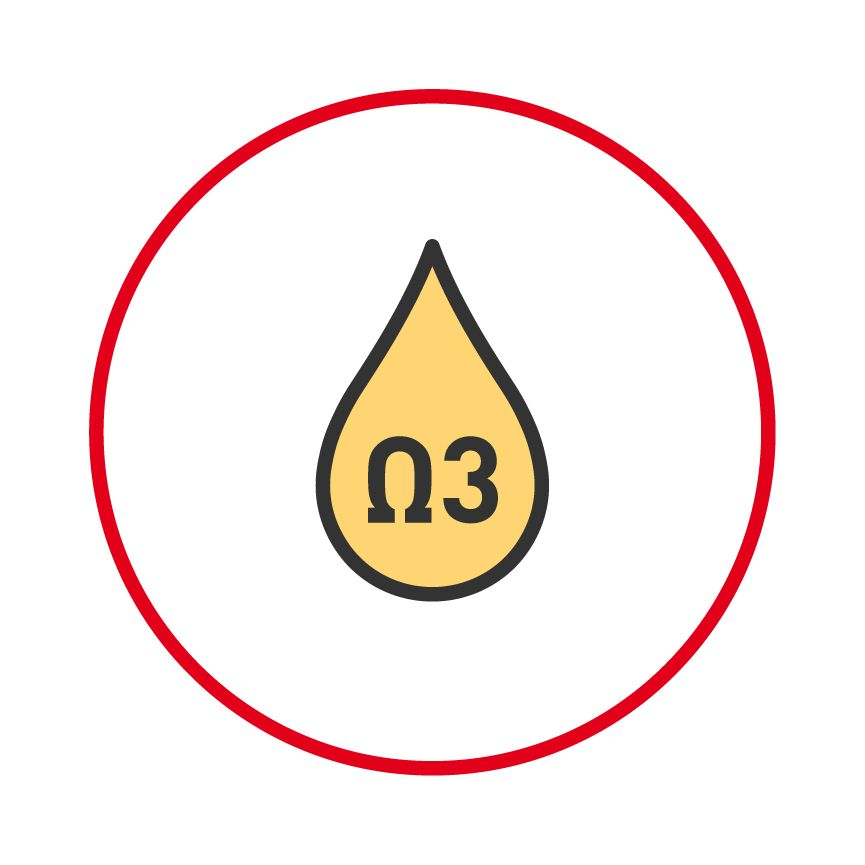
Omega-3 fatty acids
To fight free radicals, help reduce inflammation and support tissue health, renal diets contain EPA and DHA found in fish oils.
When Should I Feed My Dog a Renal Diet?
Your veterinarian will move your dog onto a renal diet as soon as they’ve been diagnosed with CKD. But the diet they recommend will vary based on the stage of kidney deterioration, which progresses from IRIS Stage 1 to 4.What Types of Renal Diets Are There?
Once your dog reaches IRIS Stage 2 CKD, phosphorus restriction becomes necessary and so a diet like Royal Canin Renal Support may be suggested. As well as being low in protein and phosphorus, it has a high energy density to help maintain weight.
The build-up of waste products in a dog’s bloodstream may begin to affect their appetite around stage 2 and many dogs will need extra encouragement to eat. Renal diets are designed to be extremely palatable for this reason, but some diets like Royal Canin’s go further by allowing you to mix aromas, shapes, sizes, and textures, as well as wet and dry options, to create a variety of enticing flavors.
You can also encourage eating by gently warming wet food and adding warm water to dry diets. Because dogs with CKD have an increased risk of dehydration, always ensure they have access to lots of fresh water.
If your dog has additional dietary requirements, due to food sensitivity or joint pain, there are different versions of renal dog food available that combine the various benefits into one carefully formulated diet.
In the final stages of CKD, a veterinarian may use a liquid diet if specific types of feeding tubes are placed.
Nutrition plays a major role in the management of CKD and can make a considerable impact on the quality of life of a dog. If you have questions about renal diets or CKD, speak to your veterinarian.
References:
1 Polzin DJ. Chronic kidney disease. In Bartges J, Polzin DJ, editors. Nephrology and urology of small animals. Ames (IA): Wiley Blackwell, 2011: 433-4712 Jacob F, Polzin DJ, Osborne CA, Allen TA, Kirk CA, Neaton JD, Lekcharoensuk C, Swanson LL. Clinical evaluation of dietary modification for treatment of spontaneous chronic renal failure in dogs. J Am Vet Med Assoc. 2002 Apr 15;220(8):1163-70. doi: 10.2460/javma.2002.220.1163.
3 Cowgill LD, Polzin DJ, Elliott J, Nabity MB, Segev G, Grauer GF, Brown S, Langston C, van Dongen AM. Is Progressive Chronic Kidney Disease a Slow Acute Kidney Injury? Vet Clin North Am Small Anim Pract. 2016 Nov;46(6):995-1013. doi: 10.1016/j.cvsm.2016.06.001. PMID: 27593574.
4 Lippo I, Guidi G, Marchetti V, et al. Prognostic role of the product of serum calcium and phosphorous concentrations in dogs with chronic kidney disease 31 cases (2008-2010). J Am Vet Med Assoc 2014;245:1135-1140.
Related Articles
Like & share this page